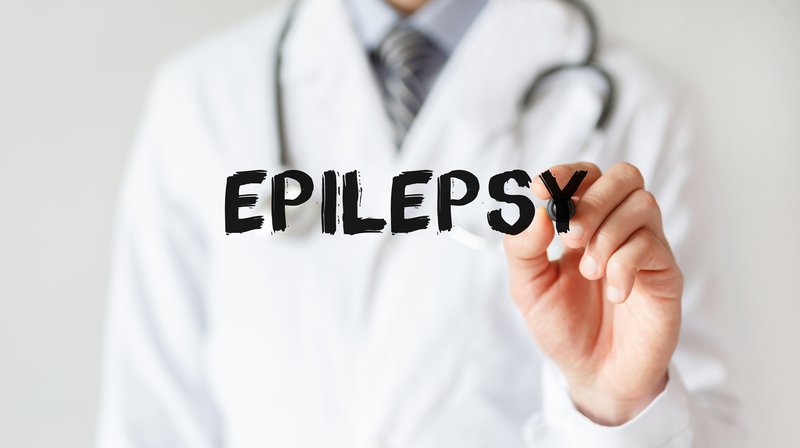Sudden Unexpected Death in Epilepsy Day - Causes and treatment for epilepsy
Updated | By Poelano Malema
This is how you can treat epilepsy to minimise the risk of death.

Epilepsy affects around 50-million people in the world.
Those who suffer from this condition are at risk of experiencing Sudden Unexpected Death in Epilepsy (SUDEP).
This type of death is not caused by any other causes except epilepsy.
According to the Centers for Disease Control and Prevention, each year there are about 1.16 cases of SUDEP for every 1,000 people with epilepsy.
According to epilepsy.com, it is the fourth most common neurological disorder and affects people of all ages.
READ: Why your toddler might get seizures, especially when they have a fever
One of the main indications of epilepsy is unpredictable seizures that were not caused by some known and reversible medical condition.
According to the site, seizures in epilepsy may be related to a brain injury or a family tendency.
How to diagnose it?
- A health practitioner might ask the patient about their family history – if anyone in the family has suffered from epilepsy.
- There are also blood tests that will be done to check for signs of infections, genetic conditions or other conditions.
- Health practitioners will perform an EEG (electroencephalogram) testing.
- There is also a Computerized Tomography (CT) scan that will be done to check what might be triggering the seizures.
- Another test that might be done is a Magnetic resonance imaging (MRI) which uses magnets and radio waves to create a detailed view of your brain.
Treatment
- The most common treatment is giving the patient anti-epileptic medication. Your doctor will decide on the best medication based on what causes your seizures, how long they last, how often they occur, and your age.
- Surgery might be performed to remove the area of your brain that's causing seizures. However, this will only be performed if it doesn't interfere with vital components of your brain.
- A Ketogenic Diet has been proven to help people who suffer from epilepsy. However, it is important to talk to your doctor before you choose the ketogenic diet, as it might have other health problems such as kidney stones.
The diet consists of a lot of fat and less protein and carbohydrates. It has been proven to reduce seizures by at least 50%.
Watch the video below from Mayo Clinic to learn more about the diet.
Image courtesy of iStock/ @Michail_Petrov-96
Disclaimer: Health-related information provided in this article is not a substitute for medical advice and should not be used to diagnose or treat health problems. It is always advisable to consult with your doctor on any health-related issues.
Show's Stories
-
E-hailing driver's honest act warms hearts
An e-hailing driver returned a forgotten cellphone to a passenger, warmi...
Stacey & J Sbu 2 hours ago -
Here's why night time travel should be avoided this holiday
Besides the obvious safety concerns, driving in the cold isn't ideal.
Danny Guselli 2 hours ago